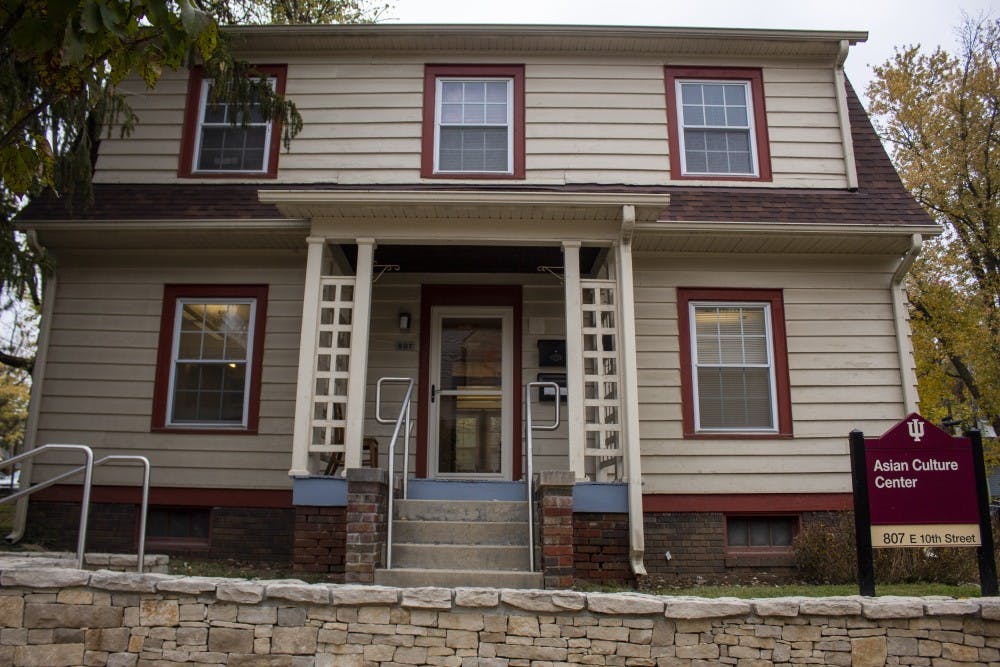IU experts discussed how citizens can stop the spread of misinformation during the coronavirus pandemic in a webinar Wednesday. The discussion focused on understanding COVID-19 and how to stop xenophobia.
“We need to stand together against the virus instead of alienating each other,” said Rodrigo Armijos, associate professor in the Department of Environmental and Occupational Health. “Fight the virus, not each other.”
The Asian Culture Center organized the webinar with experts from the Department of Environmental and Occupational Health, the Division of Student Affairs and the Media School.
Armijos, who has research experience in infectious diseases, stressed that because this strand of the coronavirus is transmitted through animals, humans have little to no immunity to the virus.
“It’s important for people to understand the symptoms and spread of the virus so we can stop it,” Armijos said.
Aurora Le, an academic specialist in the Department of Environmental and Occupational Health, shared her personal experiences with coronavirus and xenophobia. Le, who is Vietnamese American, said she faces microaggressions whenever she leaves her home.
“I don’t want to risk drawing attention to myself,” Le said.
Le said leaving her home alone makes her nervous. She does not want to face people giving her dirty looks or yelling xenophobic remarks at her. She said she tries to avoid places like grocery stores as much as possible.
“I count a grocery trip as successful if no one yells ‘Chinese virus’ at me,” Le said.
Le said she is also concerned about hate crimes against Asians and Asian Americans increasing during and after the pandemic. She gave many examples of hate crimes, especially against women, that have taken place during the spread of coronavirus, including instances of Asians being hit and spit on in public.
“I’m terrified to leave Bloomington because I feel that other places in Indiana are not as accepting,” Le said.
Le said she is worried xenophobic hate crimes and the stigmatization of Asians and Asian Americans will continue after the pandemic subsides. She said Asians in America have always been seen as "dirty".
“We’re often ignored until there is something to blame on us,” Le said.
Cedric Harris, director of bias response in the Division of Student Affairs said he recommends that any student, staff or faculty member report any incident of bias or violence they experience to his office or the police. Reports can be made anonymously or contact information can be included so they can be contacted by Harris’ office.
“We want to be able to connect and respond to each student,” Harris said. “We want to make sure that students are OK.”
Harris and other panelists also recommended saying something to someone if you see a bias incident or a hate crime. Harris stressed the importance of not being a bystander and taking action if a situation like this occurs.
“We all need to be allies to each other during this situation,” Harris said. “Reach out to people, and be a resource for them if they need it.”
Lesa Major, associate professor in the Media School, discussed the importance of accurate journalism during the pandemic. She said she has seen both good and bad coverage of the spread of the virus. She noted that coverage changed dramatically in many countries as political leaders shared their opinions about the spread and seriousness of the virus.
It has never been more important to be reporting responsibly, she said. Showing the situation as a whole leads to individuals becoming more educated.
“Fear of this virus can be used to spread misinformation,” Major said. “You must be aware that words have consequences.”




